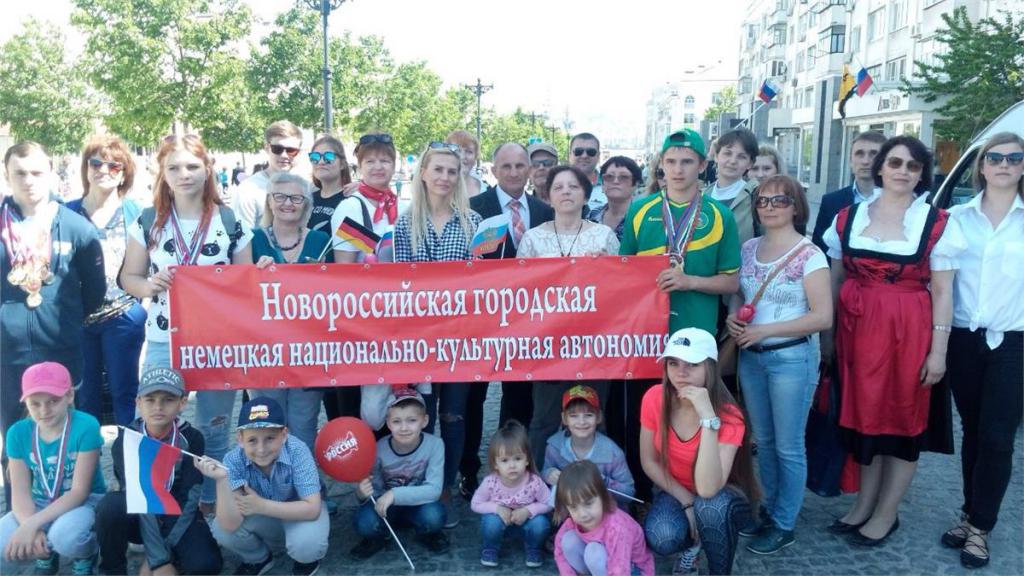Today we’ll talk about one interesting public association, quite relevant for such a multinational country as the Russian Federation. It will be about national-cultural autonomy. We will analyze the concept itself, the characteristics of such organizations, their diversity in Russia, a number of important organizational issues and other useful information.
Definition
Cultural (or national-cultural) autonomy is a separate ethnic group acting on the basis of self-affirmed principles, independently resolving issues of its organization and cultural life in general. But its powers extend only to representatives of a given ethnic group, and not to a specific territory.
National-cultural autonomy is one of the types of social associations. Its legal form is a public organization. This is one of the important means of identifying and satisfying ethnic and cultural civic needs, achieving social stability, and avoiding ethnic conflicts.
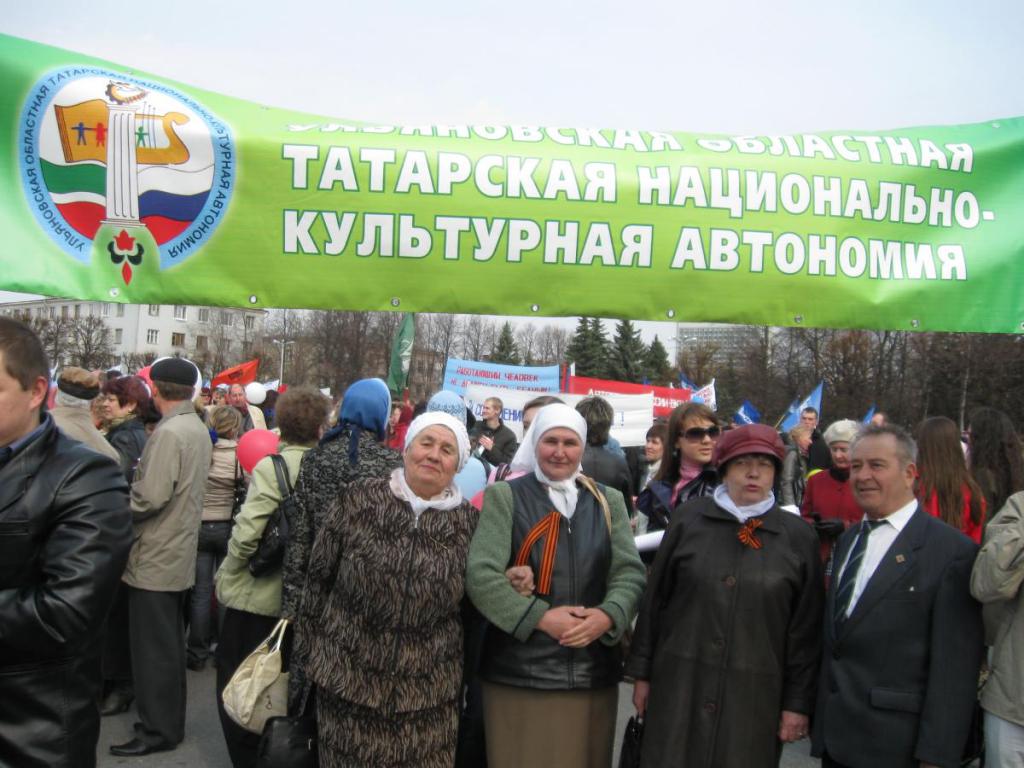
The main goal of creating such associations is the adoption by representatives of the ethnic group of independent decisions regarding the preservation of their identity, the development of national culture, language and education.
In Russian federation
In our state, national-cultural autonomies are regulated by Federal Law No. 74, adopted in 1996. We will certainly consider important excerpts from it.
According to this act, local, regional, federal national-cultural autonomy is one of the forms of ethnocultural self-determination. It is an association of citizens of the Russian Federation, classifying themselves as a particular ethnic group, who are in a national minority in a particular territory. Thus, autonomy is their voluntary association, whose goal is to address issues of their own identity, the development of national culture, language and education.
Types of Autonomy
This ethnic association has three varieties:
- Local community organization - national-cultural autonomy. The union at the level of a specific locality of citizens who relate to a particular ethnic group. Local organizations have the right to cooperate in the next largest (regional) form.
- Regional national-cultural autonomy. Two or more organizations of this level can unite together for intersubject coordination of their work. However, they will not be called interregional.
- Federal national-cultural autonomy. Its establishment is justified when more than half of the regional organizations of this ethnic group registered in the Russian Federation are united in this large-scale form.
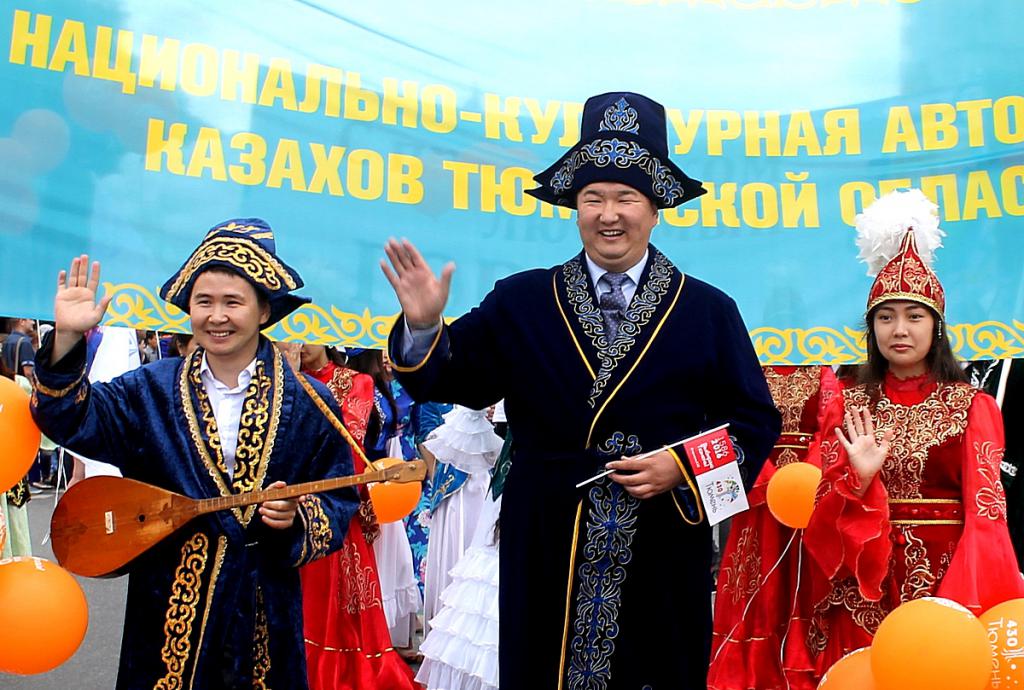
In the Russian Federation, all named autonomies have the right to:
- Coordination of own activity.
- Participation in the development of subject and federal programs aimed at preserving and developing the national culture and language on the basis of mutual treaties and agreements.
Russian cultural autonomies
From the Federal Law "On National-Cultural Autonomy" we will turn to specific examples in our country. In total, over 900 such entities are currently registered in the Russian Federation. Let's look at the most popular federal types of autonomies:
- "Congress of Poles in Russia."
- Chuvash autonomy.
- Gypsy autonomy.
- Tatar national cultural autonomy.
- Lithuanian autonomy.
- Autonomy of Russian Koreans.
- Autonomy of the Kurds.
- Autonomy of the Karachais.
- Kazakh autonomy.
- Georgian autonomy.
- Belarusian autonomy.
- Lezgin Autonomy.
- German national-cultural autonomy.
- Azerbaijan autonomy.
- Jewish autonomy.
- Assyrian autonomy.
Well-known regional and local national-cultural autonomies:
- Autonomy of the Tver Karelians (Tver).
- Petersburg autonomy of the Finns-Inkeri.
- Autonomy of the Leningrad region - Ingermanland Finns.
- Autonomy of the Pomors of the Arkhangelsk Region.
- Autonomy "Didoys".
- Chuvash autonomy in Krasnoyarsk.
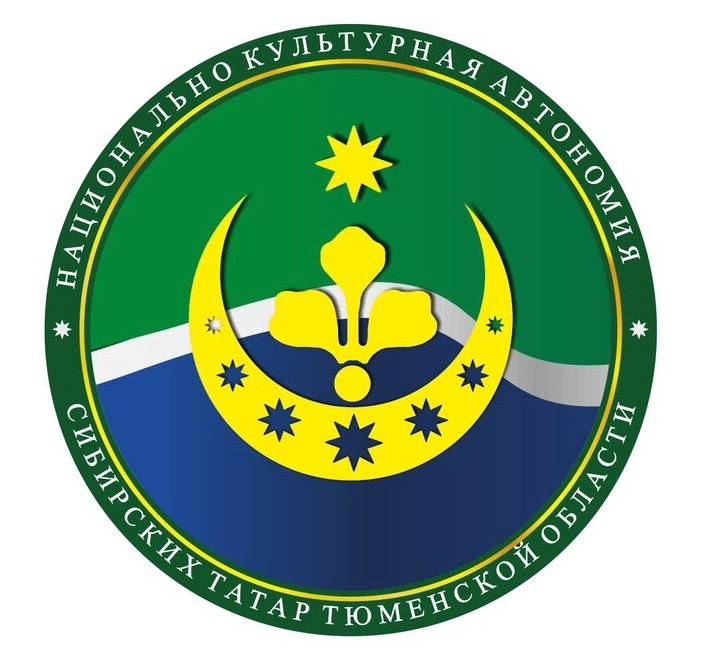
Principles of Autonomy
The Law on National Cultural Autonomy identifies a number of its important principles:
- Legality.
- Self-management, self-organization.
- Freedom of decision of a citizen to classify himself as an ethnic group.
- The combination of state support and public initiative.
- The variety of methods of internal organization.
- Respect for the culture, language, traditions, customs of representatives of all ethnic communities.
The rights
National-cultural autonomies of the region, territory, AO, cities and so on. vested with the following rights:
- Obtaining support from public authorities to the extent that helps preserve the national culture and identity, native language.
- Appeal to executive and legislative authorities, the structure of local self-government to represent their ethnic interests.
- The creation of mass media within the framework of the procedures established by Russian legislation, the right to disseminate information in their native language with their help.
- Preservation and enrichment of their cultural, historical experience, having access to national values.
- Following our own customs and traditions, the ability to revive, promote, develop artistic crafts and crafts.
- The right to create cultural, educational, scientific institutions, to ensure their activities in accordance with Russian law.
- Participation in the work of non-governmental international organizations through their authorized representatives.
- The right to establish, on the basis of the legislation of the Russian Federation, humanitarian contacts with public associations, citizens of foreign states.
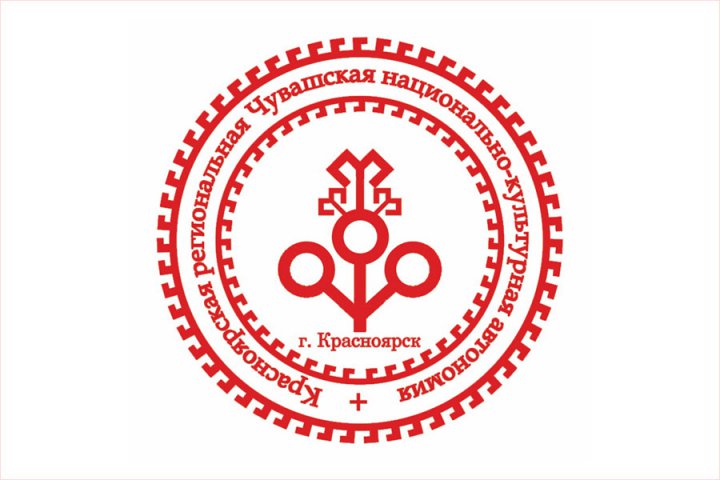
It is also important to note the following particulars:
- The exercise of the above rights should not infringe on the interests of other ethnic associations.
- The right to national-territorial association is not the right to national-cultural autonomy.
- Participation / non-participation in the life of this association does not serve as a basis for limiting the powers of citizens of the Russian Federation.
- The nationality of an individual in the Russian Federation is not an obstacle to restricting participation / non-participation in the activities of cultural autonomy.
Ensuring the rights to preserve and develop the native culture and language
The third and fourth chapters of Federal Law No. 74 are devoted to the issue of ensuring the right of national autonomies to use, preserve and develop their own language, original culture as a whole.
What can be highlighted here:
- Legal, economic and social protection of native languages in the Russian Federation.
- Establishment of freedom of choice and use of the dialect of communication, upbringing and education for all citizens of the Russian Federation (this right is also enshrined in the Constitution).
- Carrying out state policy aimed at preserving and developing national languages.
- Production of books, periodicals, audio, video materials, as well as the organization of television and radio broadcasting in the mother tongue of the ethnic group.
- The right of a citizen to receive a general basic education in his native dialect.
- Support for the creation of non-state national cultural institutions: theaters, libraries, museums, studios, archives, etc.
- Help in the formation of ethnic circles, creative unions.
- Conducting national cultural events.
- The opening of associations engaged in ethnic-specific crafts and crafts.
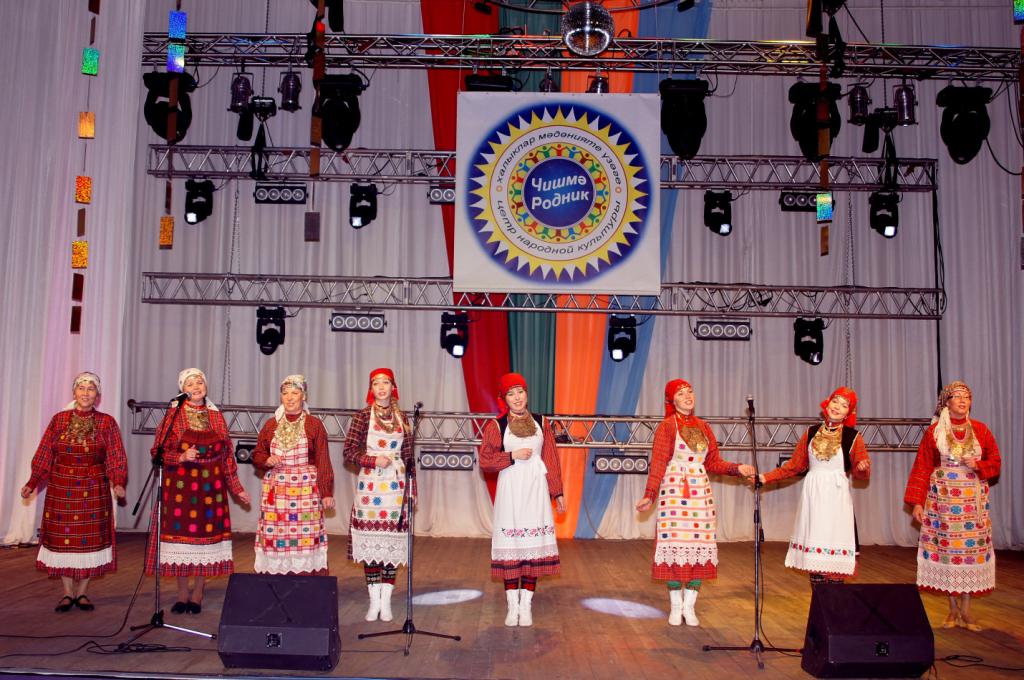
Institution
Like any other, this organization begins its history from the foundation.Local cultural autonomies are established at a general meeting by citizens of the Russian Federation, who consider themselves to be a certain ethnic group and permanently reside in the territory of a given locality. Together with them, the founders may be public associations of representatives of nationality registered in this municipality.
The delegates of national-cultural autonomies of the local level at the general congress and conference are authorized to approve the regional association operating in the territory of the subject of the Russian Federation.
And now - the last, highest level. The delegates of regional cultural autonomies establish a union at the federal level.
State registration
The procedure for registration of national autonomies, a set of necessary documents, terms and features of the process in the Russian Federation are regulated by two legislative acts:
- Federal Law No. 74 (Article 6).
- Federal Law No. 82 (Article 21).
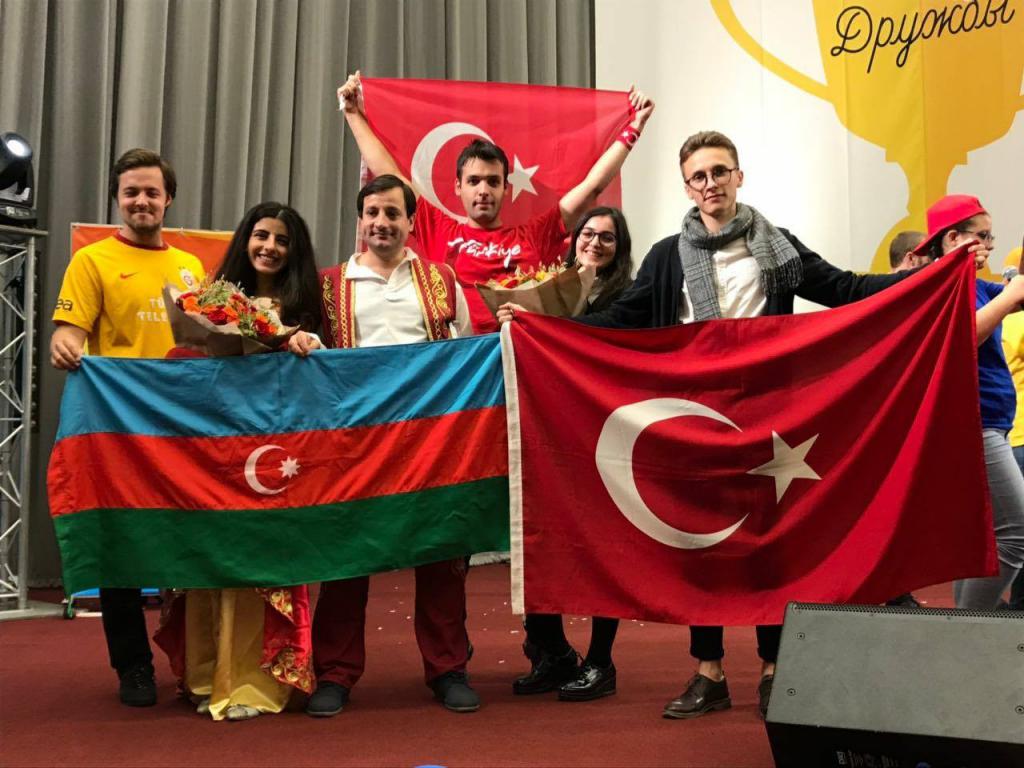
In particular, the founders must provide the following list of documents:
- Registration application signed by an authorized person.
- Ready charter of its autonomy.
- Extract from the minutes of the constituent conference or congress, which contains information about the establishment of the association, the approval of its general charter, the formation of governing and audit structures.
- Receipt of payment of the corresponding state duty.
- Information about the founders.
- Data on the permanent location of the governing body through which communication will be carried out with all national-cultural autonomy.
- A document is required confirming that 3 months before the date of the constituent conference (regarding federal, regional autonomies), 1 month before the constituent meeting (regarding local autonomies) information about this event was posted in the media that are distributed in the adjacent territory.
Registration and Ministry of Justice
State registration gives cultural autonomy the status of a legal entity. A complete set of documents must be sent to the authorized body no later than 3 months from the date of the constituent assembly, assembly, conference.
The decision on state registration of national-cultural autonomies is taken by:
- The territorial branches of the Ministry of Justice of the Russian Federation - regarding local, regional organizations.
- Russian Ministry of Justice - regarding federal entities.
The Ministry of Justice also maintains a register of all Russian national-cultural autonomies. His lists are publicly available information. It is possible to get acquainted with it on the official website of the Ministry of Justice of the Russian Federation.
Autonomy charter
In accordance with Art. 20 of the Federal Law "On Public Associations", the charter of cultural autonomy must necessarily contain the following points:
- Name, legal form, the main objectives of the activity.
- Information about the structure (for the regional and federal levels), the governing, control and audit staff, as well as the territory within which the autonomy operates.
- The procedure for gaining and losing membership in an organization. The rights and obligations of each participant.
- The order of formation of the leadership structure, its competence. Terms of office of managers, permanent location of the main headquarters, office.
- The procedure for making additions and changes to this document.
- Sources of the formation of autonomy property (including cash). The rights of both herself and structural branches to the use of this tangible property (monetary fund).
- Procedure for the liquidation or reorganization of an association.
- At will - a description of the symbolism of autonomy.
- Other provisions reflecting the activities of the association, not contrary to Russian law.
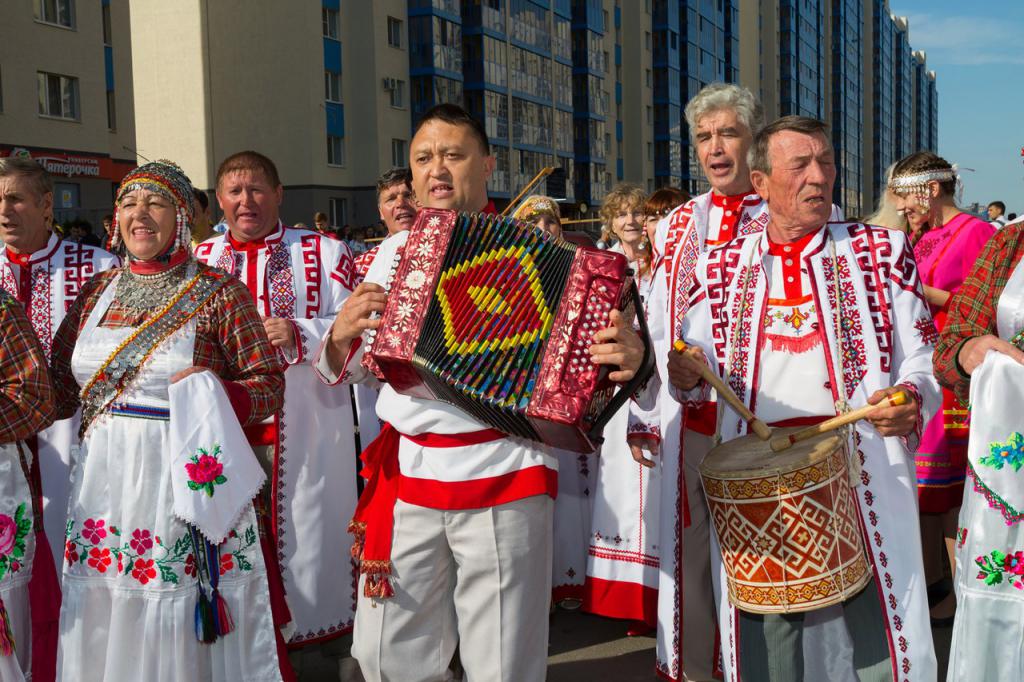
Financing issue
The activities of autonomy, defined by its rights, can be financed both from its own fund, and from the following sources not prohibited by law:
- The federal executive branch - assistance to national-cultural associations of the all-Russian level (funds from the federal budget).
- The power structure of the subjects - assistance to regional, local associations (the budget of the subject of the Russian Federation).
- Local governments - assistance to cultural autonomies registered on their territory (local budget).
Ethnocultural autonomies are very common in multinational Russia. Their establishment, registration, rights, activities are regulated by a separate legislative act - Federal Law No. 74.
